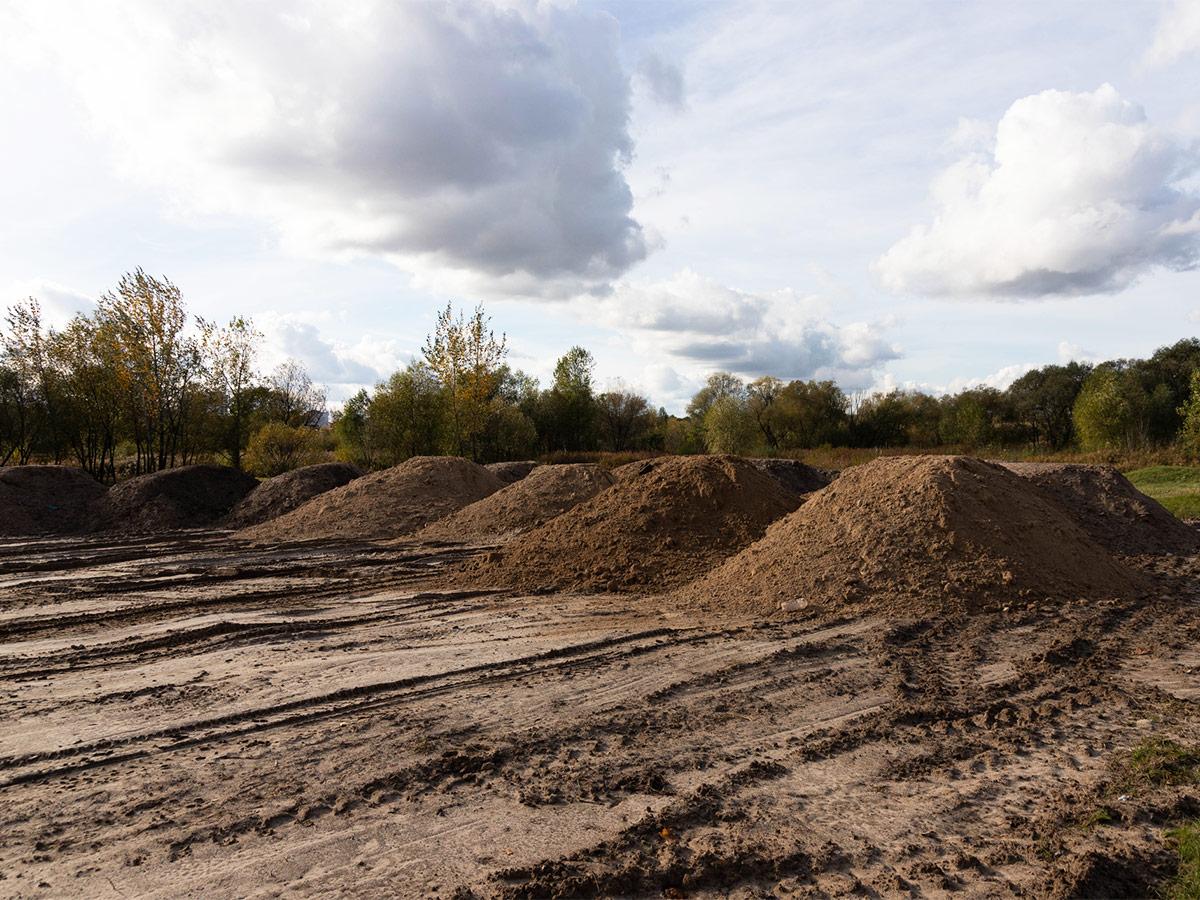
Engineered Soil Mix
Engineered Soil Mix
Engineered Soil Media, Engineered Dirt (Clay), Engineered Greenroof Media, Bio-retention Soil Mix, Bioretention Media, Bioswale Soil, Bio Swale Soil Mix, Bioslope Media, Biosoil, Bio-pond soil, Biomix Soil, Bio-mix, Garden Mix, Rooftop Garden Mix, Load-bearing Soil, Iron Sand, USGA Rootzone Mix, Firelane Structural Soil, GDOT Engineered Soil Mix, State DOT Soil, Lightweight Planting Mix, Planting Media, Planting Mix, Engineered Topsoil, Engineered Soil, Bioslope, Dry Well, Infiltration Trench, Sand Filter, Organic Filter, Regenerative Stormwater Conveyance, Stormwater Planters and Tree Boxes, Engineered Sand, Engineered Topsoil
Applications
Bioretention Soils, Bio-Ponds, Planting Soil for athletic field rootzones, Structural Soil, Planting Media, Pond Liners, Bioswale, Bioretention Basin, Enhanced Swales, Rain Garden Soil, Erosion Control Soils, Firelane Structural Soil Media, Urban Street and Landscape Soil, Roof Garden Soil
Key Benefits
Custom blended sand, soil, gravel, or other amendments to your soil specifications to meet project parameters such as pH, soil texture, cation exchange capacity (CEC), total suspended solids (TSS), phosphorus index (p-Index), soluble salts (SS), Infiltration (ksat in in/hr or in/day), nutrient value, metals, or other specifications; Storm water filtration and management, Improves water quality, Promotes healthy plant growth for nutrient update; Decreases compaction; Removes pollutants; Retains water and nutrients for plants
Specs
Screened, Blended to meet any infiltration rate (saturated hydraulic conductivity, kSat) or percolation rate, Ideal organic matter content; High CEC (cation exchange capacity); Any USDA soil class texture (i.e. sandy loam, loamy sand, loam, clay loam, etc.); Adjusted pH for specific plant species; All-natural soil with no chemicals or pesticides added unless specified
Engineered Soil Mix
Engineered Soil Mix is not a single soil product but a variety of options consisting of custom blended soil mixes that River Sand, Inc. offers to landscapers, contractors, horticulturists, engineers, and even homeowners throughout Georgia. Engineered Soil Media is actually one of our specialties because it allows us to blend the specific soil you need for your project. Many of the planting soil mixes, bioretention soil mix, landscaper’s soil mix, structural soil, bioswale soil mix, rootzone blends for sport fields, greenroof soil media, and topsoils are all blended to engineered specifications either provided by a client or preferred by the owner. So, yes RSI can blend the exact soil you need anywhere in Metro Atlanta and beyond, including Athens, Alpharetta, Marietta, Roswell, Cumming, Gainesville, Clayton, Commerce, Lawrenceville, Winder, and more.
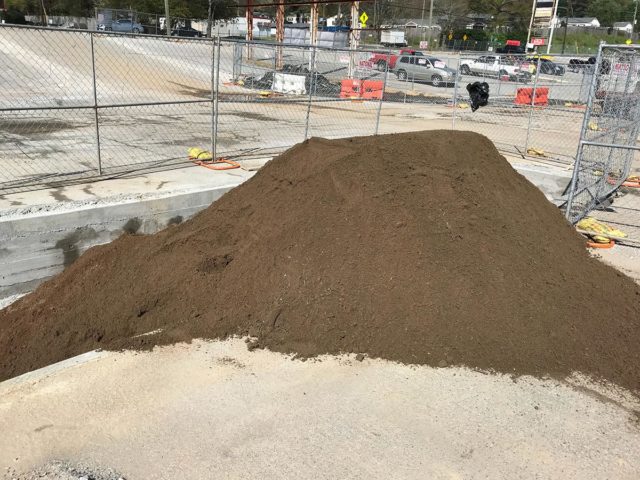
Engineered Soil begins with certain specifications or preferences by a client. A mix design consisting typically of sand, soil, gravel, compost and other amendments such as lightweight expanded clay (Hydrocks®, Stalite®), hydrogels, peat (sphagnum or reed-sedge), perlite, mulch, vermiculite, Profile® or Turface® is developed. The soil mix is typically classified by percentage (%) of weight or volume. For example, 60% Sand, 20% Topsoil, 10% Compost, 10% Expanded Clay may be a blend that works well for a specific purpose. The mix design probably has other specifications that determine what type of each sand, soil, compost, and clay that we select for blending. A sample is usually blended for laboratory analysis before bulk blending begins unless it is a mix that has been previously supplied to another landscaper or contractor. The Engineered Topsoil is then blended with a blending machine that often involves multiple stages to thoroughly blend the soil. Homogenous blending is critical to maintain the quality throughout the soil profile so that its purpose is achieved within the entire area it is installed. Finally, the bulk soil is loaded and delivered to the construction project site for installation.

Where can I get Engineered Soil Mix for sale near me?
If by near me, you mean any of the following locations or nearby in Georgia, then RSI can supply your soil material:
Atlanta, Athens, Roswell, Cumming, Alpharetta, Duluth, Dawsonville, Gainesville, Flowery Branch, Stockbridge, Covington, Jonesboro, Milton, Marietta, Canton, Cartersville
We have several primary locations available for pickup or we can schedule delivery on time and at the right price.
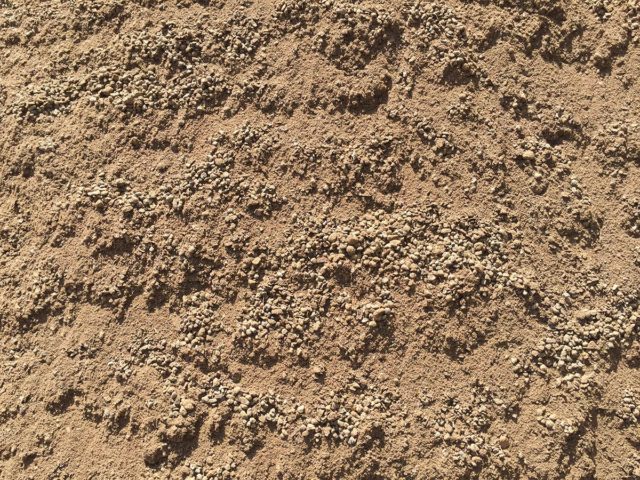
What is the difference between Engineered Soil Media and Topsoil or Fill Dirt?
Engineered Soil Mix is soil blended specifically for a purpose or to certain specs. Topsoil is actually a type of engineered soil mix if it is blended like we do at our facility. However, most topsoil and fill dirt are simply what is dug from the ground as it is excavated. Topsoil generally refers to the upper portion of the soil with a higher content of organic matter and sand. Fill Dirt can refer to any type of dirt and typically is not screened so it may contain rocks and other debris. As with all landscaping and construction products there is a wide range in quality in both Topsoil and Fill Dirt. Both however are more of an all-purpose or multi-purpose with topsoil being more useful for growing plants and fill dirt for filling holes. Engineered soil is actually manufactured by blending a combination of products for a specific purpose such as planting media to grow a specific grass or turf, bioretention soil for basins, or structural soil to allow for trees to grow in an urban streetscape. If topsoil or fill dirt is substituted for an engineered soil mix then it often leads to failure of that engineered design.
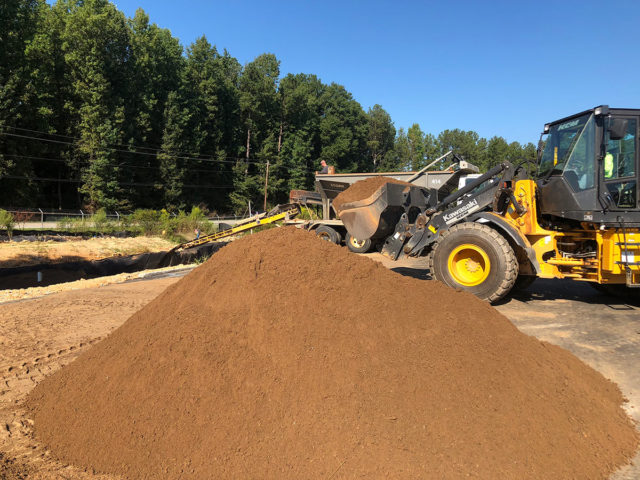
How much does Engineered Soil Mix cost by the ton or by the cubic yard?
The cost or price of Engineered Soil Mix varies based on several factors, and can be priced by the ton or cubic yard. The cost per ton of Engineered Soil Mix is based on a weighted scale ticket in comparison to the cost per cubic yard of Engineered Soil Mix is measured by the loader bucket. The primary factor involved in determining the cost of our Engineered Soil Mix, whether it is bioretention soil, structural soil, firelane soil, or rooftop soil, is the components that make up the mix design. The sand used can vary in cost from $10 to $35 per ton depending on the type of sand that is needed to meet the specs. The topsoil price follows about the same cost range. Gravel can cost $15 to $30 per ton. The compost or mulch will averages between $10 and $50 per cubic yard. The other amendments including expanded clay, perlite, vermiculite, fertilizer, lime, and others are often very expensive by the pound (lbs) but are sometimes necessary to complete the soil blend. Therefore the cost or price of the engineered soil media is something that is difficult to determine without first knowing the specifications. A blending fee and any necessary laboratory analysis are also factored in the cost equation. The easiest way to get a quote for engineered soil mix is to call RSI, and we can provide an accurate quote for your project.
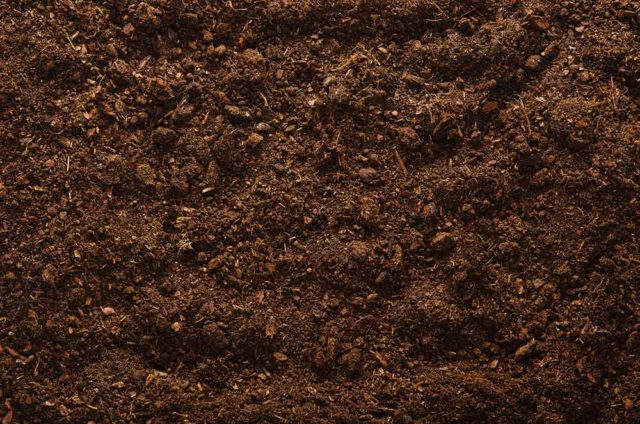
How do I install Engineered Soil for bioretention ponds, bioswales, rootzone on an athletic field, or greenroof planting media?
RSI has worked extensively as a supplier to many landscapers and contractors over the years, and we have gained valuable insight from both the engineers and architects who design the work and the people actually performing the work. Contractors installing a Bioretention basin or pond for the first time may have questions about keeping the soil uncontaminated or how to install without compacting the soil. We can offer the advise and the equipment options that allow you to install the material without compacting it by driving on top of it. We can also help schedule the delivery of the engineered soil and dumping in bulk to minimize both the labor and risk of contamination from the site and runoff events. Bioswale soil installation is very similar to bioretention pond and one of the most critical elements is timing the installation with the weather, which can be difficult. Installation of our engineered sand or engineered topsoil as a soil for installing turf on a rootzone can also vary dramatically. Often the interface between the native soil and engineered soil product must be tilled to minimize the change in soil properties. Green roof planting soil is a challenge within itself. We offer this in options such as super sacks or one-ton bags both on the pallet or with the handles to make it simpler for lifts, cranes, or elevator transport. RSI wants to help your installation of engineered soil products easier.
River Sand, Inc. is your bulk landscaping supply yard and source for construction materials including sand, soil, and gravel. Call today for the cost and to schedule delivery for your engineered soil mix.
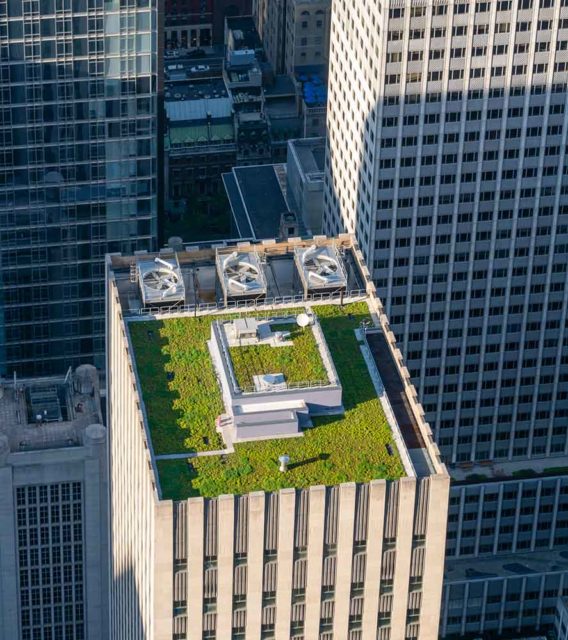
Frequently Asked Questions
Do you have questions about Engineered Soil Mix? We have answers!
Engineered soil is a soil designed and blended, or manufactured, for a specific purpose or with specific physical and chemical characteristics. Often, the engineered soil is a blend to meet a texture including a target percentage of sand, silt, and clay particles including a percentage of organic matter within those components. Engineered soils are typically used in stormwater applications such as bioretention areas and bioswales, but can include any type of topsoil for a project.
Applications where engineered soils may be required include:
- Bioretention ponds, basins, and cells
- Rain Gardens
- Detention and retention ponds for stormwater
- Parking lot infiltration
- Pervious pavers and pervious pavement
- Vegetated roof systems or Green Roof Soil
- Upslope from channels, ditches, streams, and other water bodies
- Treating runoff from impervious surfaces such as roads, highways, parking lots, and other land disturbing activities
- Structural soil for planting near curbs, sidewalks, and roads
- Rootzone for athletic fields
- Topsoil for reclamation areas or landscaping
Engineered topsoil is a topsoil that is designed to meet a specification. Typical blends of engineered topsoil have parameters for pH, organic matter content, soluble salt, texture, and nutrients.
There are very few soil suppliers that are capable enough to handle large quantities of soil blending properly and keep soil components in stockpiles. River Sand, Inc. produces both the components and the engineered soil you need. You can pick up or we can deliver. We also provide support for answering questions from engineers, architects, or owners and laboratory analysis on our soils.
Engineered soils are blended, manufactured soils with specific ratios of components. The sand component can is often specified by gradation, for example ASTM c33. The topsoil component may include a certain percentage of organic matter, pH, or texture. The compost component may have to include a certain percentage of organic matter or meet the USCC STA requirements. Once the key components are acquired the best way to blend the components is with a precision blending system. Each component must be measured by volume or weight (scaled) prior to loading into the mixing system. It is best to do a large quantity or the whole project’s quantity at a single run so that the entire mix is homogenous with no variability. Sampling the components and final stockpile of engineered soil will ensure that the soil is compatible with the project prior to installation.
Related Articles
See what we’ve been saying about
Engineered Soil Mix
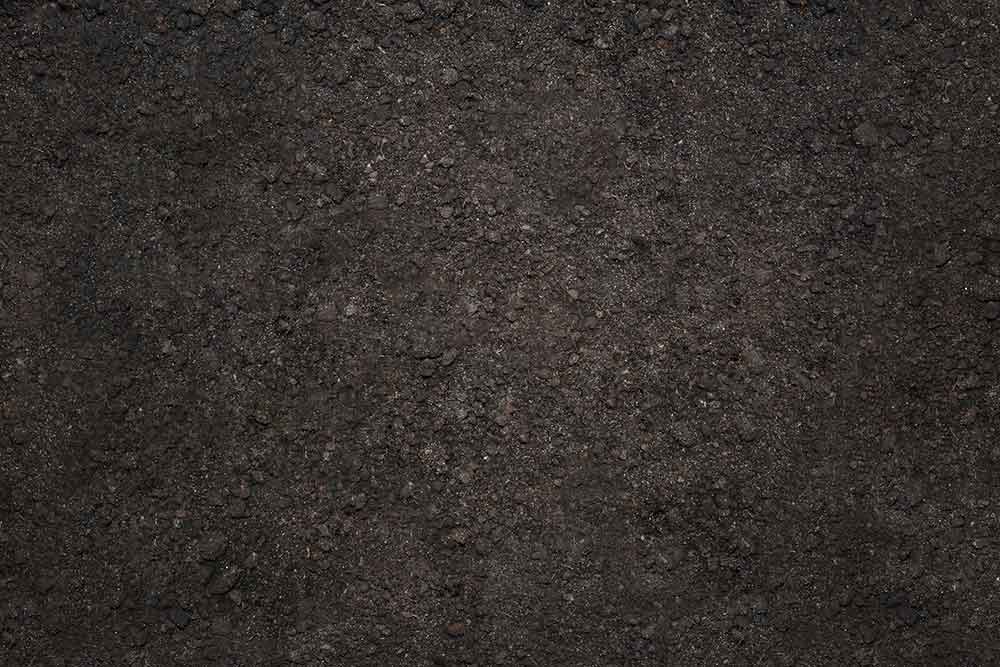
“The work was done in an exceptional manner. The communication was always clear. The work site was left in perfect condition! The entire team was so incredibly nice! Thank you so much for a great job!”
— Jack L. | Property Owner
Related Products
Calculate Your Project
Determine how much product you need for your project and submit it to us for a free estimate, including delivery costs.
Dredging projects and In-Field Mix are calculated separately.
